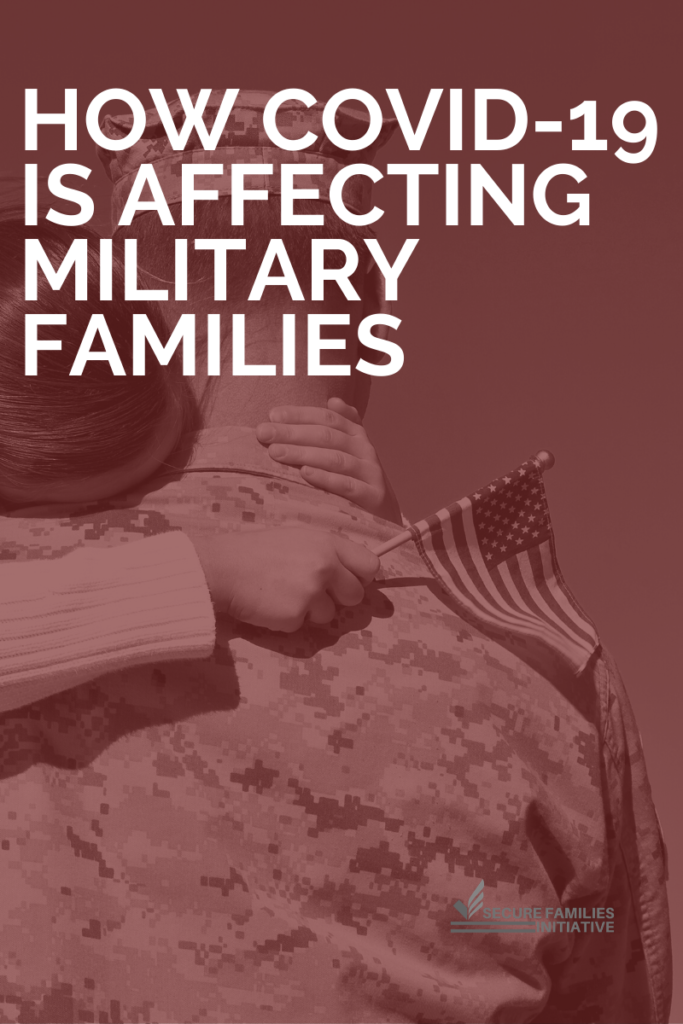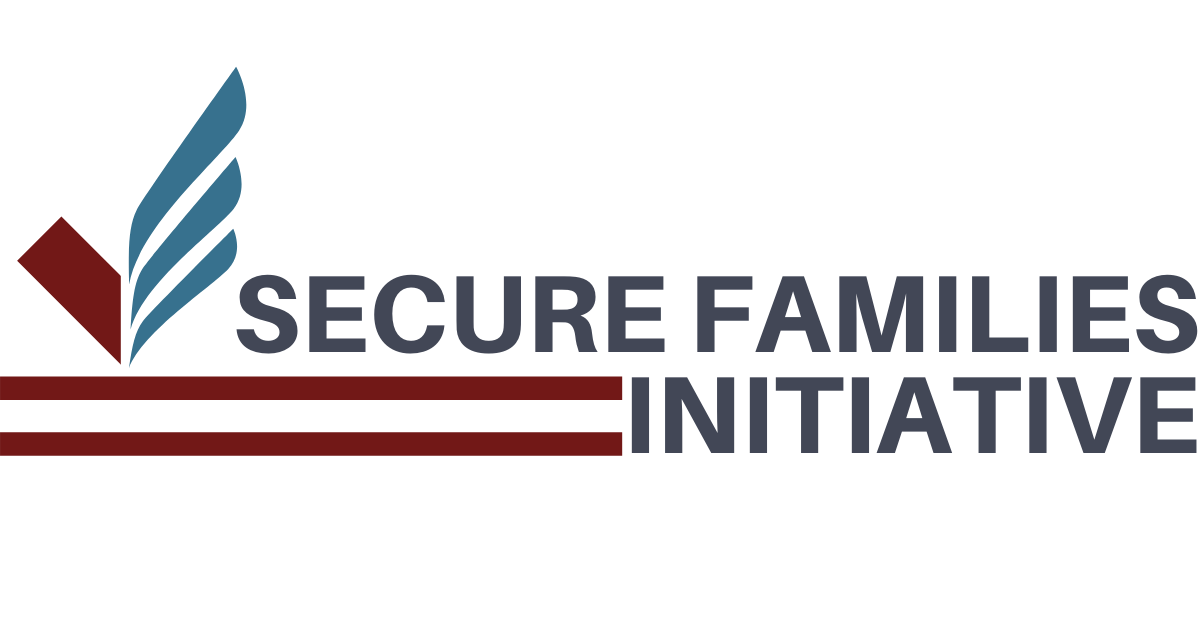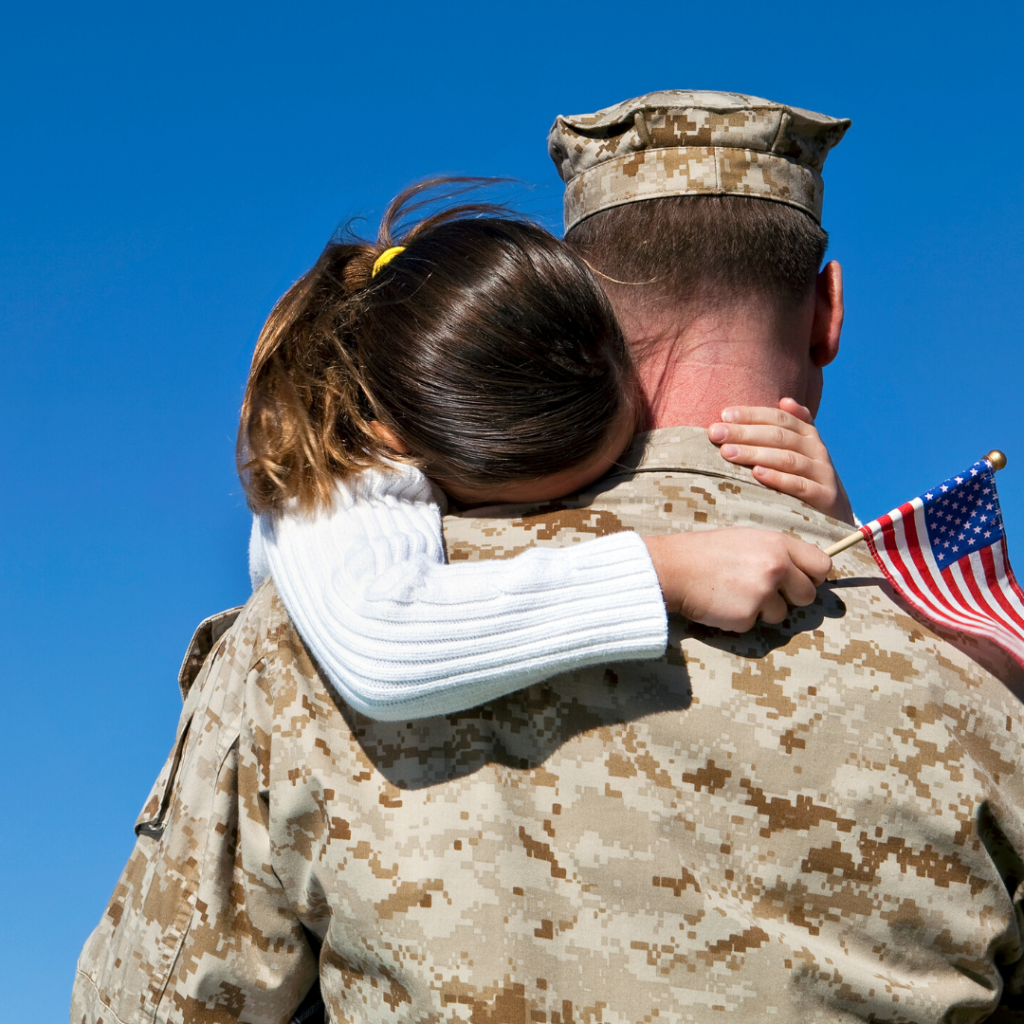“Doing this without my “I love you, I’m here with you, we are okay, pull yourself together” person is not fun.”
Military spouses know what it takes to keep our households running while our loved ones are away on a deployment. Stephanie Howell is no different. Her spouse was deployed during the swine flu epidemic in 2009-10, and she finds herself facing much of the same stress now with Covid-19. It’s not easy single-parenting amidst a global pandemic.
Military families are dealing with the same school closures and prescribed social distancing as most others. But on top of all that, many are also facing extended separations and confusion with the new travel restrictions.
Related: Voting and Advocacy During the Coronavirus Emergency
On March 11th, 2020, Secretary of Defense Mark Esper sent out a memo laying out new international travel guidance for Department of Defense uniformed and civilian personnel, as well as their families. Certain deployed service members now have delayed homecomings, either because they are in an affected area or because their flight is scheduled to go through an affected area. Some will face quarantine measures upon reentry. Many families who were supposed to move overseas are now in limbo.
Another memo came down on March 13th, extending these travel restrictions to all domestic travel for personnel, and government-funded domestic travel for family members.

These precautionary measures are certainly warranted. But the consequences are straining a community that already faces unique challenges. Our country has been at war for almost 20 years, and the military families who have been tasked with carrying out that mission are exhausted.
One Army spouse currently lives in Italy’s hot zone. With the entire country on lockdown, she’s had to juggle working remotely and going to school full-time with having a first grader now stuck at home.
Her spouse was originally scheduled to return from deployment in time for their son’s birthday, but now they’ll be lucky if he’s back in time for their anniversary a month later. “My husband coming home was the light at the end of the tunnel, and that was moved. I’m tired. I’m ready to be done with this chapter.”
An Air Force spouse expressed similar anxiety. Her spouse is currently deployed overseas, and they’ve already been told to expect delays.
“The lack of information is the worst,” she said. Military spouses are accustomed to a certain level of uncertainty even during typical deployments, “but this is a new creature. If he gets sick, does his base have the resources over there to take care of him adequately? Will they send him home? When he does come home at the end, will he be quarantined?”
Join Secure Families Initiative
For Julia Stephens, the answer to the last question is yes. Her spouse is deployed to an affected area, so she is preparing for her whole house to go under self-quarantine once he gets back.
When asked how she feels about the upcoming quarantining, she said she feels nervous. “It’s a huge mix of emotions. My heart wants him home, my children want him home. We have not seen him since June. At the same time… we are a family of 6 with 4 children under the age of 9. That is a lot to take on, being indoors for two full weeks.”
For some families, it’s restrictions on their travel that have been most disruptive. A number of families were in the process of moving to their next duty station when these memos came out. Some have already given their landlords clearing notices, and some are already living in hotels. Now they’re stuck in limbo.
Thankfully, many spouses feel confident in their local community to help them through this process.
Stephens said, “In the last four years we have built an amazing village. I have full faith in those around us. We are lucky to have a strong community.” The Army spouse in Italy said much of the same. “I have an incredible support system here, and I count myself really lucky for that.”

But not everyone is as fortunate. According to Blue Star Family’s tenth annual Military Family Lifestyle Survey, more than a third of military families said they have no one to ask for a favor. This can be especially true for unmarried partners who don’t have the same access to formal military support systems.
Colleen Orr’s boyfriend-of-four-years was sent on an unexpected deployment last fall, with 2 weeks’ notice. “When he first left, I felt really alone. No one I knew had gone through a deployment this quickly or this long.”
While nothing has changed his return date yet, Colleen prepares herself for whatever comes. “Things change constantly with the military, so I’m just waiting to hear he’s on the plane before I believe he will be home.”
Military spouses and partners are adaptive and resilient. We’ve learned to make plans in pencil and give the Pentagon the eraser. If there’s anyone who can make it through these uncertain times, it’s us.
But these added hardships really emphasize how draining the military lifestyle already is. Military spouse Jennifer Davis sums up what many are feeling:
“While I agree with the Secretary of Defense’s decision and appreciate his leadership in a chaotic time, [this travel restriction] has hit our family hard. Added stress like this during uncertain times is one of those things military families like ours don’t see coming but carry along with everything else that nearly 20 years of continuous operations bring. Ready to be a normal family again. Right or wrong: I am so over sacrificing for the greater good.”
Support our mission to elevate military spouses and family members as uniquely qualified advocates and organizers on matters of foreign policy.


